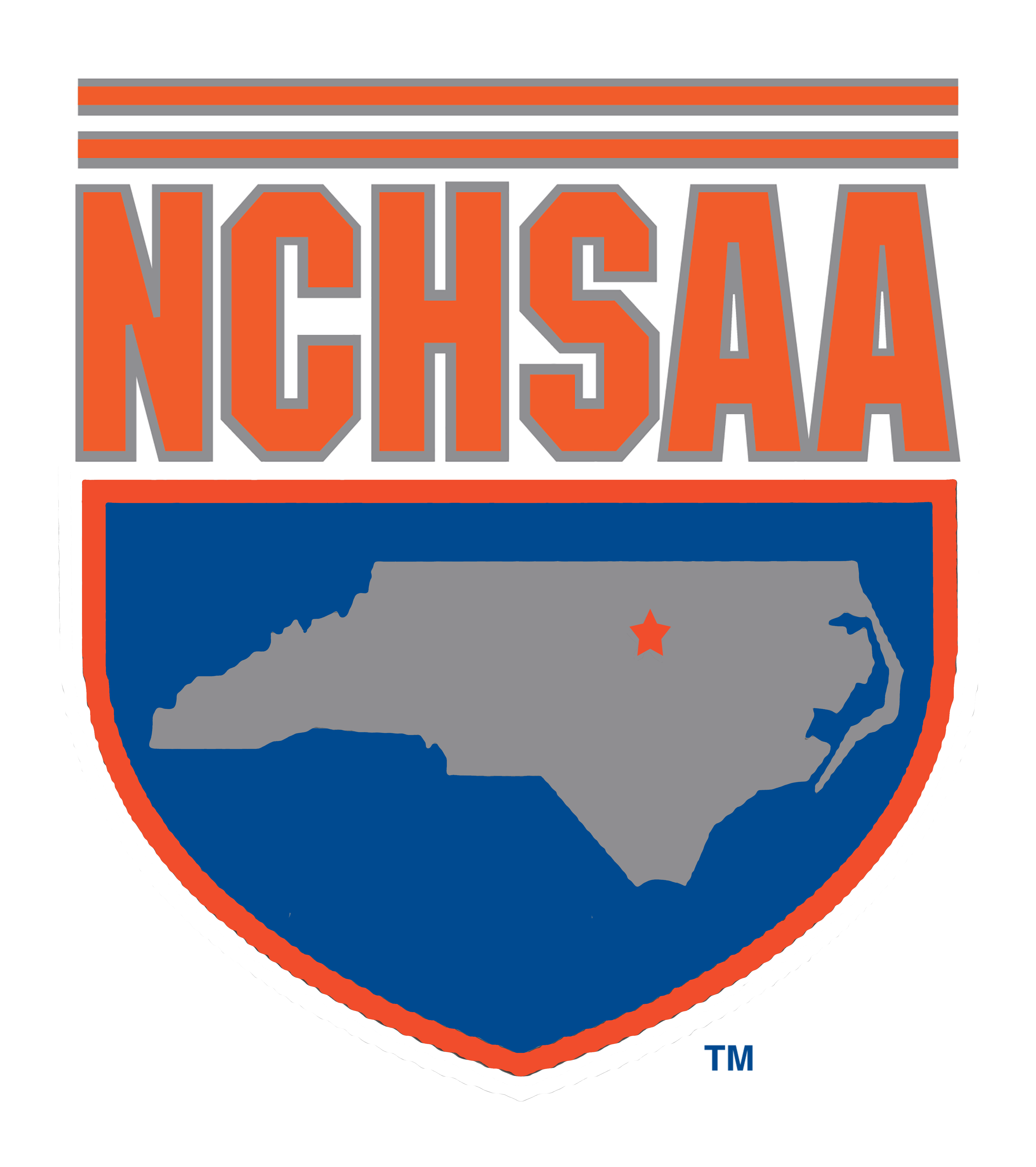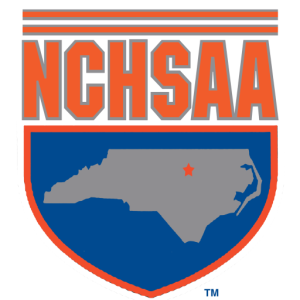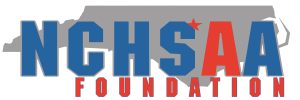VISION, MISSION, CORE VALUES
The North Carolina High School Athletic Association is approaching the celebration of its 100th anniversary, and even though the organization has been around for a while it has made a constant effort to deal with the changing landscape of education and the challenges which any organization can face.
To that end, the NCHSAA convened a special strategic planning committee last spring which studied the organization, what it does and what the future should hold. The committee was made up of superintendents, principals, athletic directors, coaches and even had student-athletes. Their recommendations were then forwarded to the NCHSAA Board of Directors.
A new mission statement was developed and approved: The mission of the NCHSAA is to provide governance and leadership for interscholastic athletic programs that support and enrich the educational experience of students.
A vision statement was also developed to provide direction for the organization: The NCHSAA will be the national model for developing and inspiring greatness through interscholastic athletic experiences.
The Association's core values and beliefs were outlined. Core values and beliefs are shared among the stakeholders of an organization. Values drive an organization's culture and priorities and provide a framework in which decisions are made. The core values and beliefs are the principles that guide the association.
Sportsmanship – following the rules of the game, respecting the judgment of referees and officials, treating opponents with respect, respect for one's opponent and graciousness in winning or losing Integrity – consistency of actions, values, methods, measures, principles, expectations, and outcomes – the truthfulness or accuracy of one's actions
Fair Play – a shared interpretation of the rules, the equal treatment of all concerned, sticking to the agreed rules, not using unfair advantages
Honesty – uprightness and fairness, truthfulness, sincerity, or frankness, freedom from deceit or fraud. To consistently seek and speak the truth
Respect – a positive feeling of esteem for a person or other entity and specific actions and conduct representative of that esteem
Equity – fairness, just and right, equitable treatment of all, dealing fairly and equally with all concerned
Fair Competition – competitors within a competition should have similar performance potential and performance strength
Development of student-athletes – participation in athletics should aid in the physiological and psychological development of the student-athlete.


